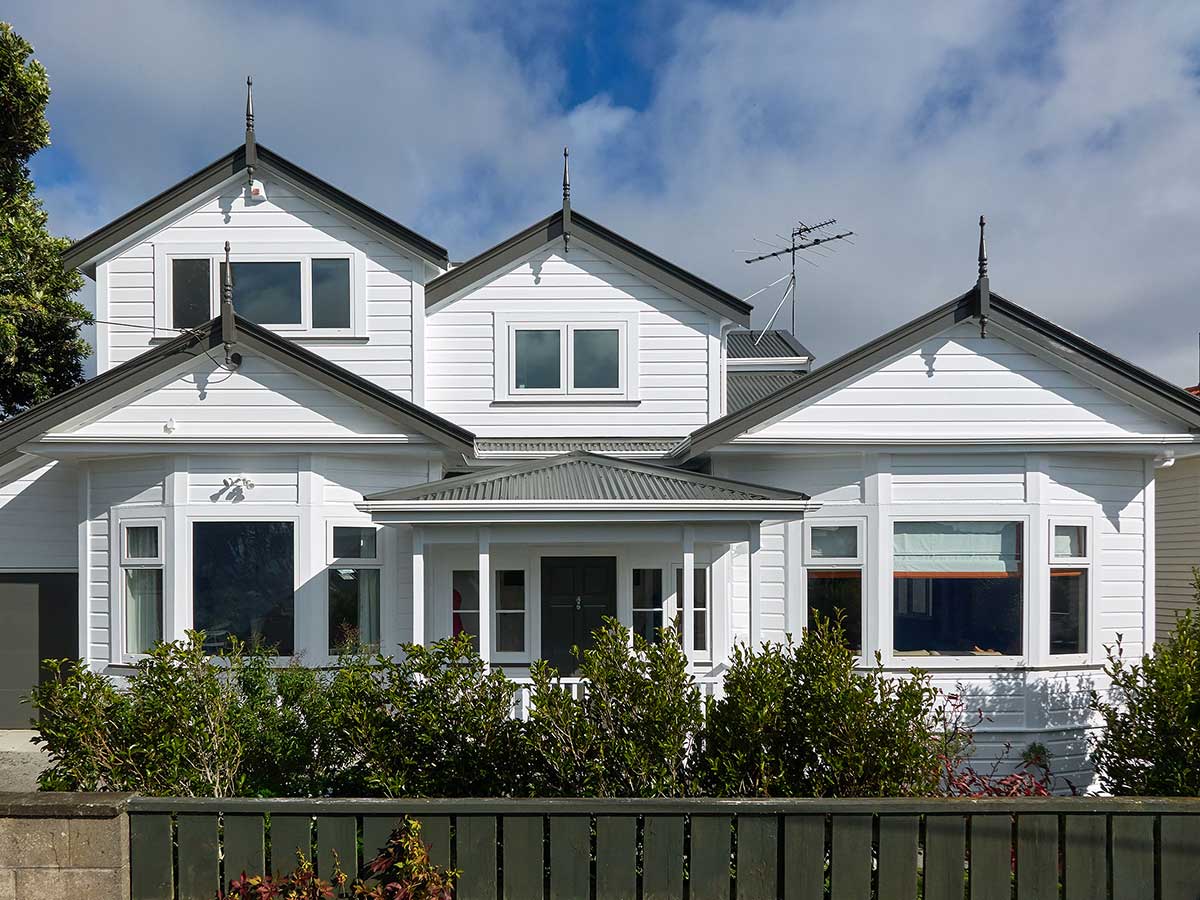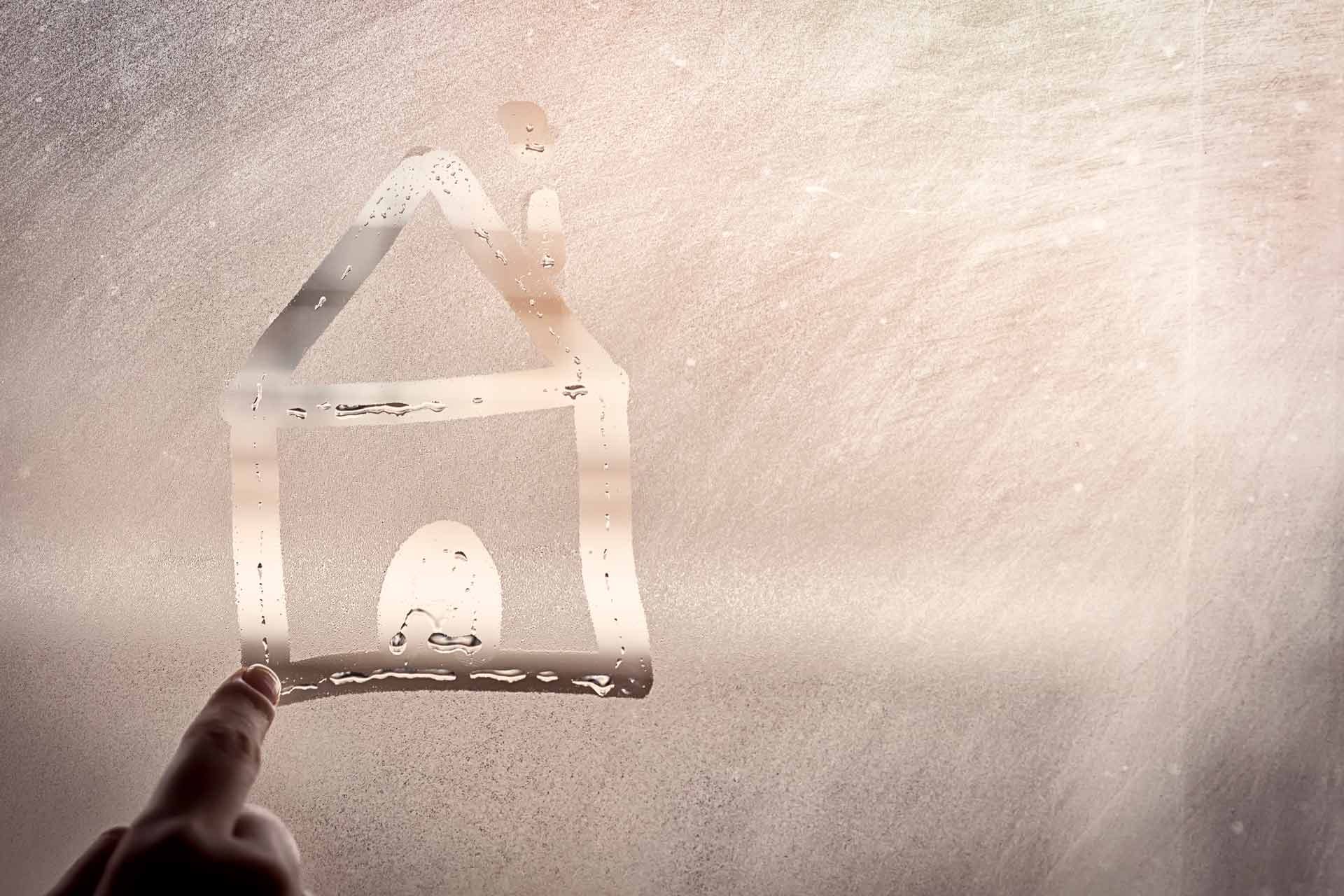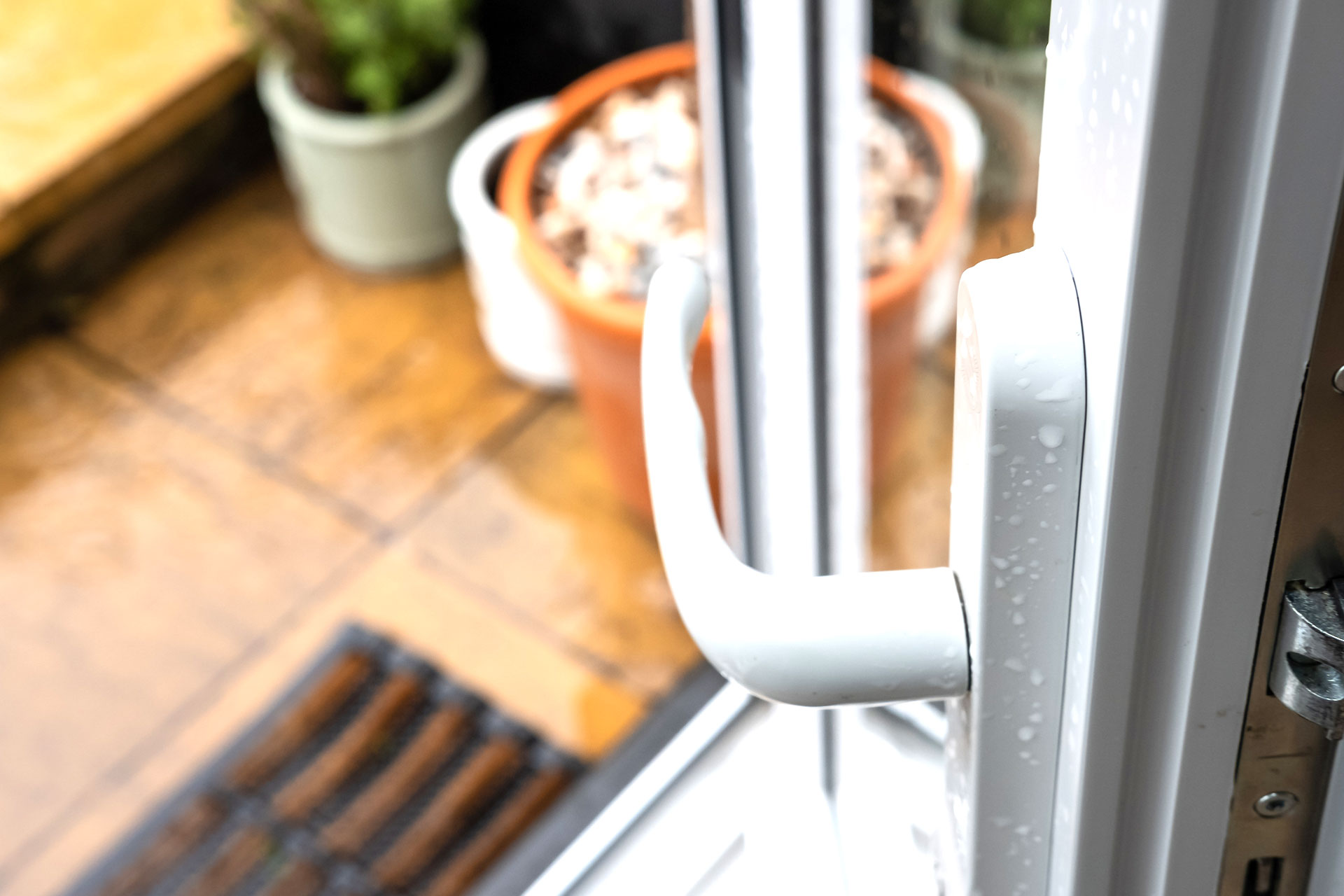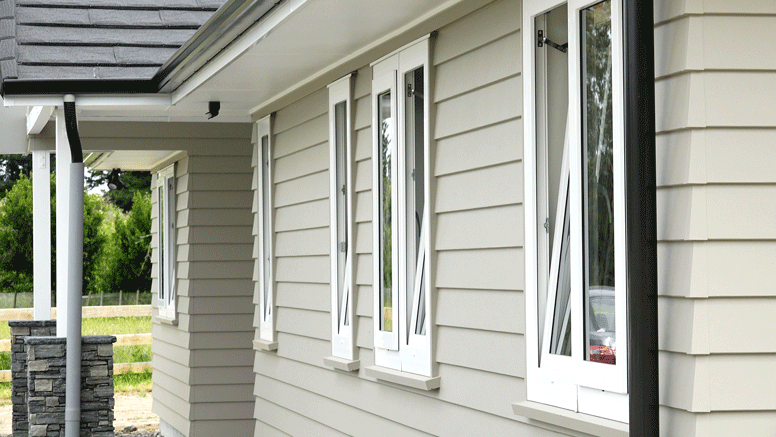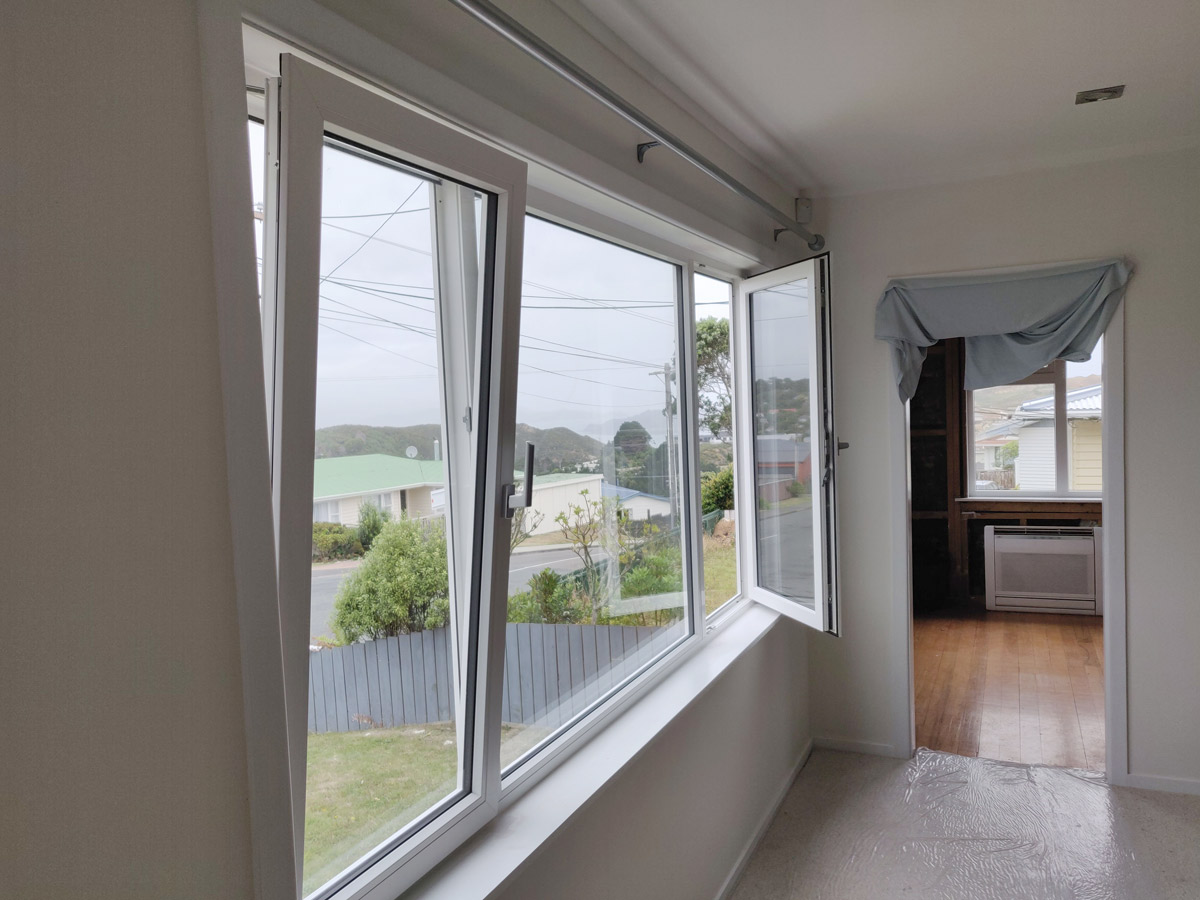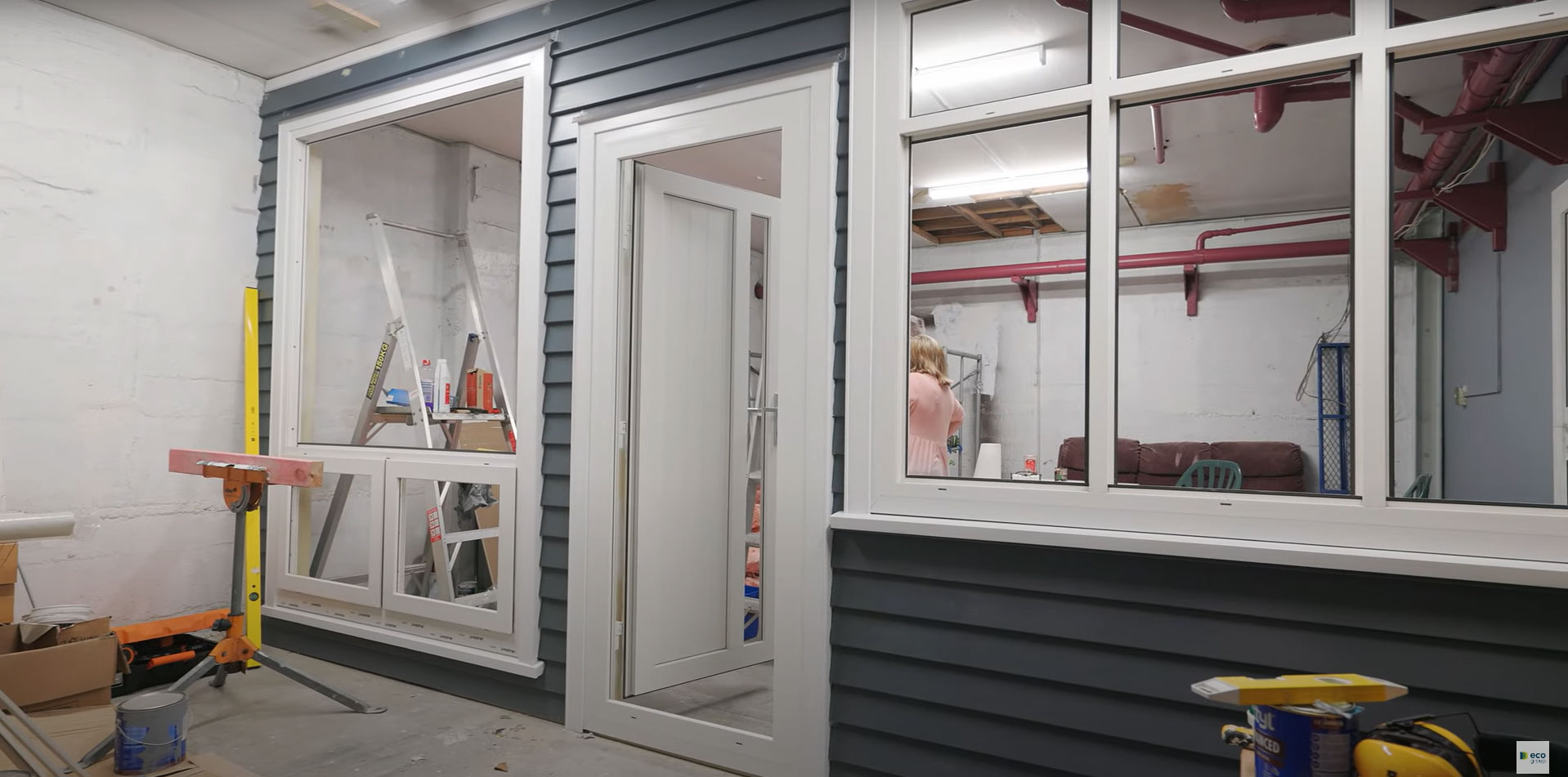No one enjoys waking up in the morning and glancing outside of their window just to see condensation on the glass. Sadly, this is a reality that many of us experience in New Zealand due to the poorly insulated homes that let excess humidity inside. Read on to find out what actually causes condensation and how you could make a few changes within your lifestyle to avoid it on cold mornings. Eco Windows & Doors’ uPVC double glazed windows offer increased insulation in homes, preventing moisture from forming. Find out what our experts have to say about condensation and humidity and our tips and tricks to eliminate it!
What causes condensation?
Water vapour can be found in the air if excess moisture appears in your home. If this humid air comes into contact with cold surfaces, such as windows, doors and mirrors, condensation will form. The most significant cause for the excessive moisture within one’s home is the lack of insulation in walls, windows, doors, floors and ceilings. It can also occur when you’re doing simple household things, such as showering, doing the laundry or cooking, as these are known to increase moisture rapidly. The fogging of your windows mostly happens when exterior temperatures are below 10C. Older homes with thin walls and ceilings made from poor materials allow water vapour to flow through surfaces, so these are more susceptible to increased moisture. Whenever you come across condensation within your home, it is a sign that the interior is overly humid, and you should ventilate to let fresh, oxygen full air into your household.
Are condensation and excess humidity harmful for your home?
Excess humidity causes more issues for your home than just making your windows foggy. It can damage the structure of your building significantly, as the water vapour can pass through walls and even freeze insulation. If the frozen insulation melts, it is likely to break down walls and ceilings. On the exterior of your home, it can cause blisters to form under the paint, causing it to peel, the wood to rot, mildew and moisture spots. Interior floors might also move around if the moisture is overly excessive.
How can I prevent condensation?
The easiest way to prevent insulation without performing any renovations is to increase ventilation. Opening the windows or turning on a fan every time you cook, shower or do the laundry can reduce the moisture within your home. You can quickly get rid of condensated windows by letting fresh air in and the humid air out. However, this can be difficult to do when it’s raining or windy outside, and manual ventilation might not always be enough. A better solution is structural ventilation, such as fans within bathrooms and kitchens. Modern homes likely have this built-in from the start, and installing a few in highly humid areas may be a great solution. Another way is to increase your home’s insulation, which can simply be achieved by installing uPVC double glazed windows that are tight-sealing from Eco Doors & Windows.
Contact the friendly team at Eco Doors & Windows to eliminate condensation within your home. Our uPVC windows and doors are natural insulators that will keep your home fresh and moisture free even in the coldest winter months. We can provide you with more tips and tricks about how you could increase the comfort levels within your home by reducing condensation. Get in touch with any questions!
